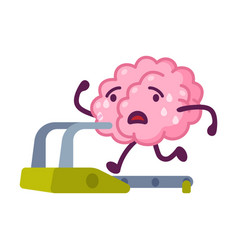Most of us know how important exercise is for our bodies. But did you know that it might also help your brain? Well, when it comes to the body, we say alert about the sign of pain, wear and tear that our body shows, but if the same happens to the brain, most of us usually forget to listen to what the mind has to say. Regular physical activity is not just about keeping muscles and bones in shape, but it also has a great impact on your mental health too.
Boost Your Mood
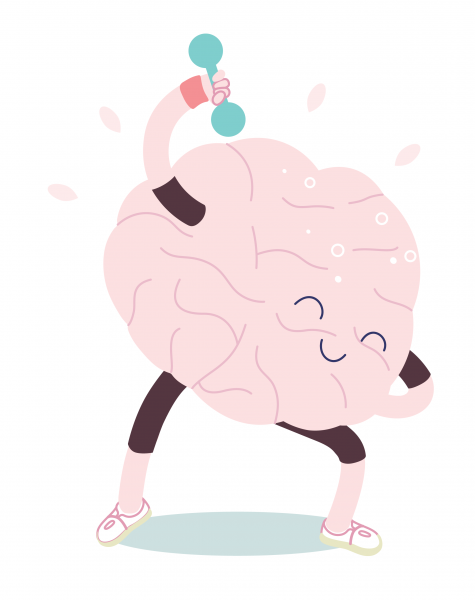
When we exercise, our body releases chemicals such as serotonin, dopamine, and endorphins immediately in our brain. These are the natural mood filters, which regulate your mood and enhance your sense of motivation, making you feel happy.
You feel less anxious and stressed
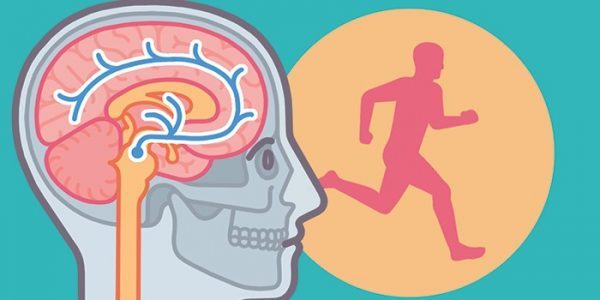
People who participate in regular exercise report more positive emotions than people who don’t. How? Well, when your body is under stress, you feel panicked. Your body releases cortisol, and exercise is said to decrease cortisol. And therefore, it can manage the symptoms of anxiety and stress.
Promotes better sleep
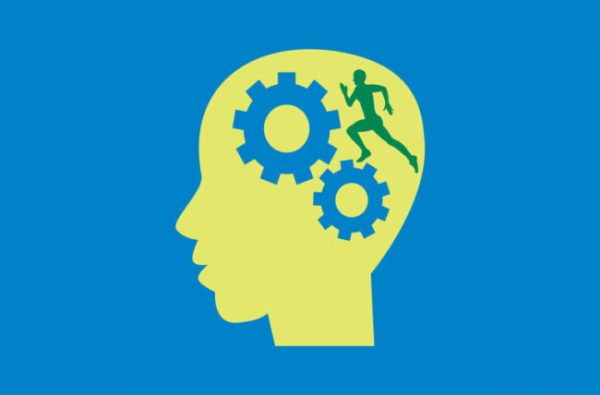
Being active gives you more energy during the day and helps you sleep better at night. In turn, better sleep improves creativity and brain function.
Sharper memory and thinking
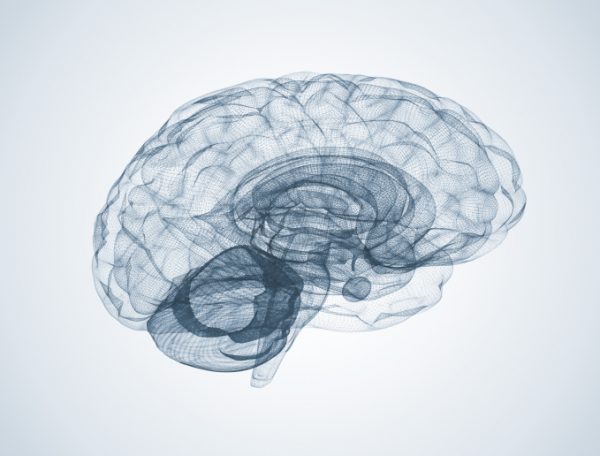
It’s a known fact that regular physical activity can boost memory and think indirectly by improving your mood and sleep. Moreover, it reduces stress and anxiety. That’s because these problems can affect your brain’s ability to function properly. Promotes a sense of achievement
Exercise connects your mind and body. A regular workout makes you feel strong so that you can enjoy a better appearance, feel more energetic and motivated to achieve your goals.
Prevent age-related decline
Memory loss is not an inevitable result of aging. But just like your muscle strength, you have to use it or lose it. But physically active people are less likely to experience a decline in their mental function and have a lower risk of developing Alzheimer’s disease.

